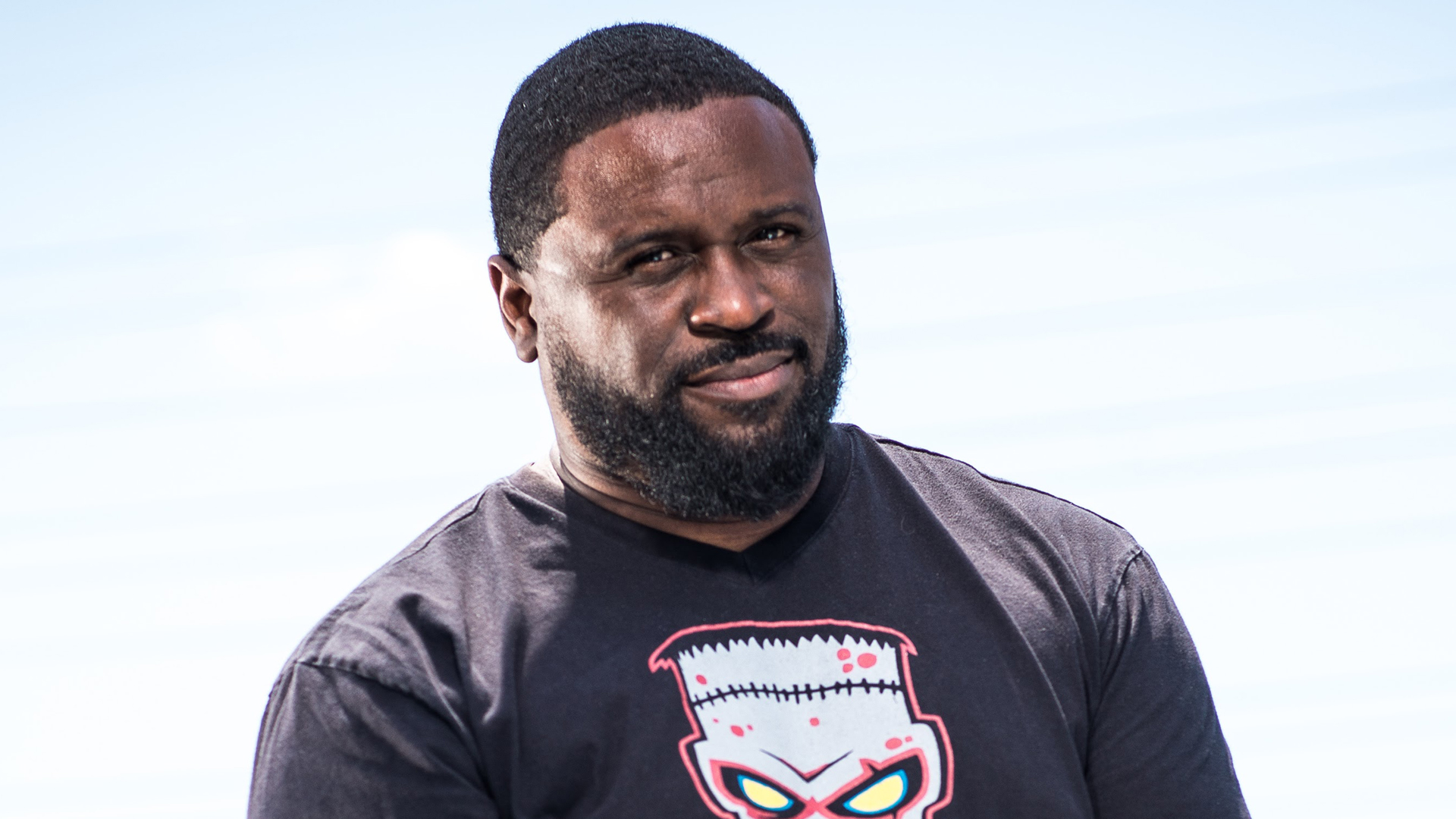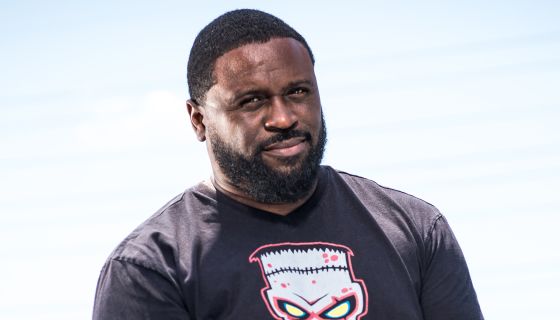Known as the genius who created Rap City The Basement and the creative that gave us

Niel Fernandez
videos such as Slim Thug’s Still Tippin’ and Future’s Same Damn Time, John Tucker’s induction into the inaugural Creative Class was different than his counterparts. He had already established his name as a powerful storyteller but is was as a director of music videos and not as a filmmaker.
Since his selection to the Creative Class, John has not only made a name for himself as a filmmaker, his film Pas Honteux – a story of a young African American slacker who wakes up one day speaking only French – won Best Film at the 2019 Hip-Hop Film Festival in New York.
How did your induction into iOne Digital’s inaugural Creative Class impact your career?
The Creative Class provided more exposure for my work. I think the best part was having my film screened at the iOne Digital last year that celebrated the Creative Class. I really appreciate the opportunity that iOne Digital provided me because it was an important step in my journey as a filmmaker.
As a creative, are there any similarities between shooting music videos and films?
Shooting music videos and films are very similar when you are filming at a high level. Whether you are directing a music video or a film, storytelling is always the consistent thread. I constantly work to sharpen my skills as a storyteller because you have to be able to transfer the story from the script to the screen.
What inspired you to create Pas Honteux?
Well the I directed the project but it was written by Sundance Alum Marcus J. Guillory. When Marcus first brought the idea to me about an urban slacker who wakes up one day speaking French, I was intrigued. The hilarity of the absurd dilemma was guaranteed in my opinion. When he said that the entire film was in the style of the French New Wave, I knew we were embarking on an exciting journey that would go much deeper than a funny hood movie.
What did you aim to achieve from Pas Honteux since this was your first film?
I wanted my first narrative project to be artful and thought-provoking. I wanted to show that I could tell a story, direct actors in another language and be true the French New Wave genre of film making. I also chose to direct Pas Honteux because it was a project that I could infuse some of my Hip hop roots into but still be able to show growth in my directing abilities. Most music video directors do a hood move movie or some type of hood comedy. I did not want to do that I wanted to stand out and really study French New Wave and an urban voice to it.
What was your biggest challenge in directing Pas Honteux?
The most challenging part of creating the film was finding my lead actor Travis LaBranch. Most people who have seen Pas Honteux think Travis spoke French prior to shooting the film but that was not the case. He actually studied with a tutor for three months to learn the language and he did an excellent job.
Why do you think Pas Honteux has been so successful and what do you want people to take away from it?
I think the response to Pas Honteux has been successful because it’s a story we all can relate to. We all know the “neighborhood asshole” and it’s great to see a film that shows a change for the better and the evolution of a human being. But more importantly, there is a real message in this film.
What is the message behind the film and what do you want viewers to take away from it?
I sought to use the intimacy of French New Wave to examine the main character’s struggle to let go of his less-flattering ways once he realizes that people can treat him better, even if that treatment is based on a farce. Pas Honteux is a dark comic meditation on identity, class, gentrification and self-actualization. We hope it will provoke a meaningful dialogue about the power of language/identity politics and expand the archive of urban cinema.
How did it feel to win Best Film at the 2019 Hip-Hop Film Festival?
It’s always an honor to be recognized for your work because there are a lot of great filmmakers entering their work into the festivals. I am extremely humbled and happy for our team who gave their talent and time to make this project come to life.
How would you describe your creative style?
I’m huge on merging music with cinematic images. They are like wind and water, they create waves. As a filmmaker, I use both to evoke emotion and use innovative angles to subliminally put you in a state of mind to properly receive the story.
What is your advice for emerging storytellers that aspire to follow in your footsteps?
Never stop and ignore people that don’t believe in your vision. It’s important that you believe in yourself, even if the world does not. If you believe and continue to put in the work, ultimately they will believe. That is the mantra of my whole career.
What can we expect from John Tucker this year?
In 2020, I want to be on someone’s set to direct episodic television shows and gearing up to shoot a motion picture for a major studio. I want to continue to grow as a filmmaker and also continue to open doors for the next generation of storytellers.







